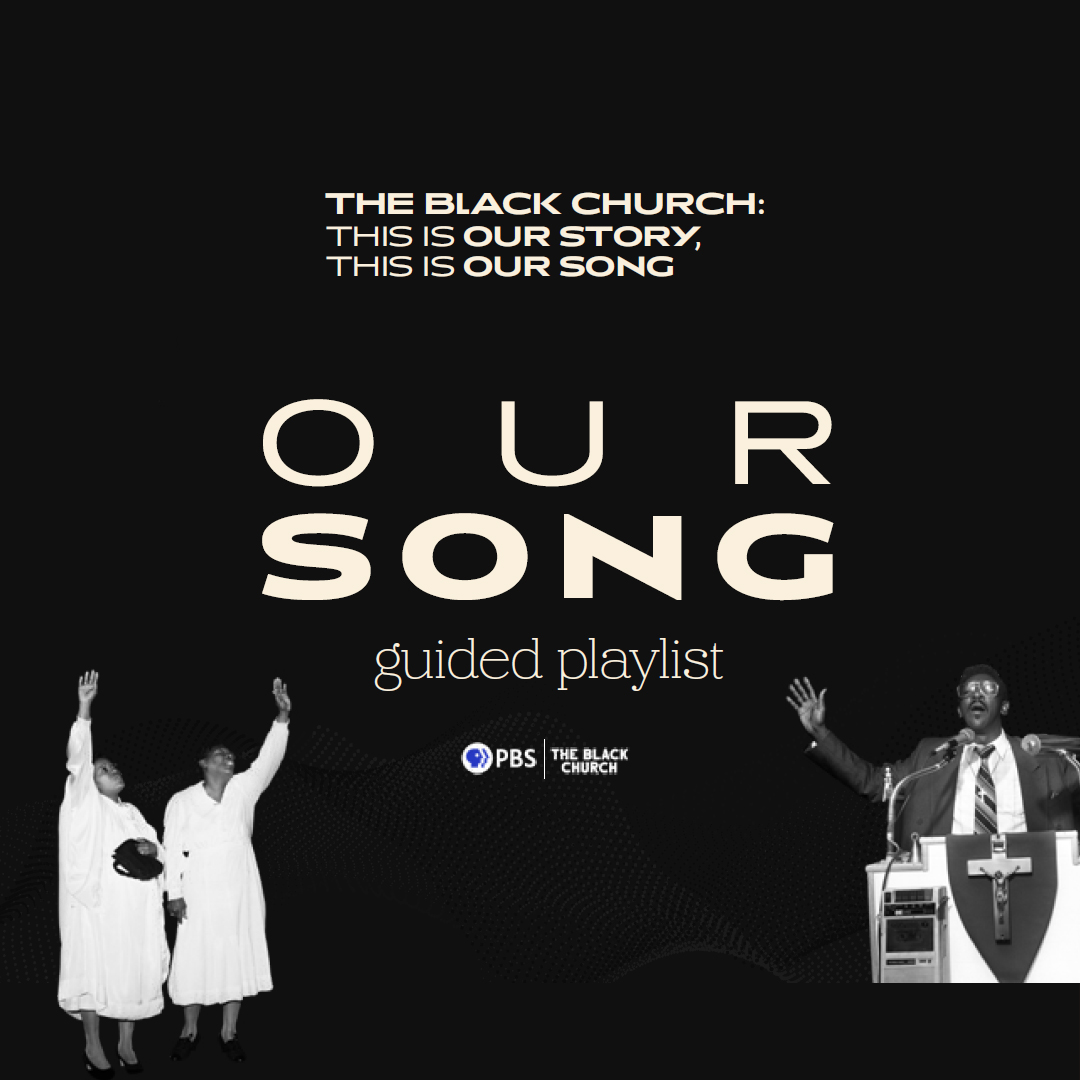Reverend Dwight Andrews Discusses The History And Importance Of Music Within The Black Church

Rev. Dwight Andrews appears in the PBS documentary “The Black Church.”
PBS
The new PBS series from Dr. Henry Louis Gates is “The Black Church: This is Our Story. This is Our Song.” It’s a four-part documentary tracing over 400 years of Black worship and culture in America. When it comes to song in this documentary, an Atlantan is featured prominently, Reverend Dr. Dwight Andrews. He is the senior minister of the historic First Congregational Church, professor of music at Emory University and an accomplished composer and musician. Rev. Andrews spoke with “City Lights” host Lois Reitzes about his contributions to this new documentary.
Interview Highlights:
How Rev. Andrews got involved with the series:
“Dr. Gates is a very dear friend. I baptized his children. He was in my wedding, so we go back a long ways. We have a great personal relationship and this is another manifestation of our professional relationship. And I would have been disappointed if I wasn’t at least given an opportunity to consult with him on this, so it worked out very well.”
How song and spirituals sustained the enslaved people:
“I think it comes from the reality that music is central to the African-American experience. And I think that is one of the fundamental aspects of what we were able to retain from our African cultural memory. The idea that you have music for everything–for worship, for bringing babies into the world, for celebrating the transition of death into the afterlife. You have to have music for all of it and I think we’ve maintained that practice.”
About the role of ‘call-and-response’ within the Black church:
“The idea of call-and-response is not unique to African-American music or culture. But I think in African-American culture, the powerful idea of call-and-response is that it allows for what Christopher Small calls ‘musicing.’ Everyone is involved in the performance moment, not just simply the performer and the audience. The audience and the performer are one. Consequently when the preacher is preaching and gives that pregnant pause…that’s the queue for the congregation to say ‘Amen! Come on pastor, bring it home.’ That engagement back and forth, either spoken or song really is a way to create an inclusive relationship and that is very powerful and liberating.”







